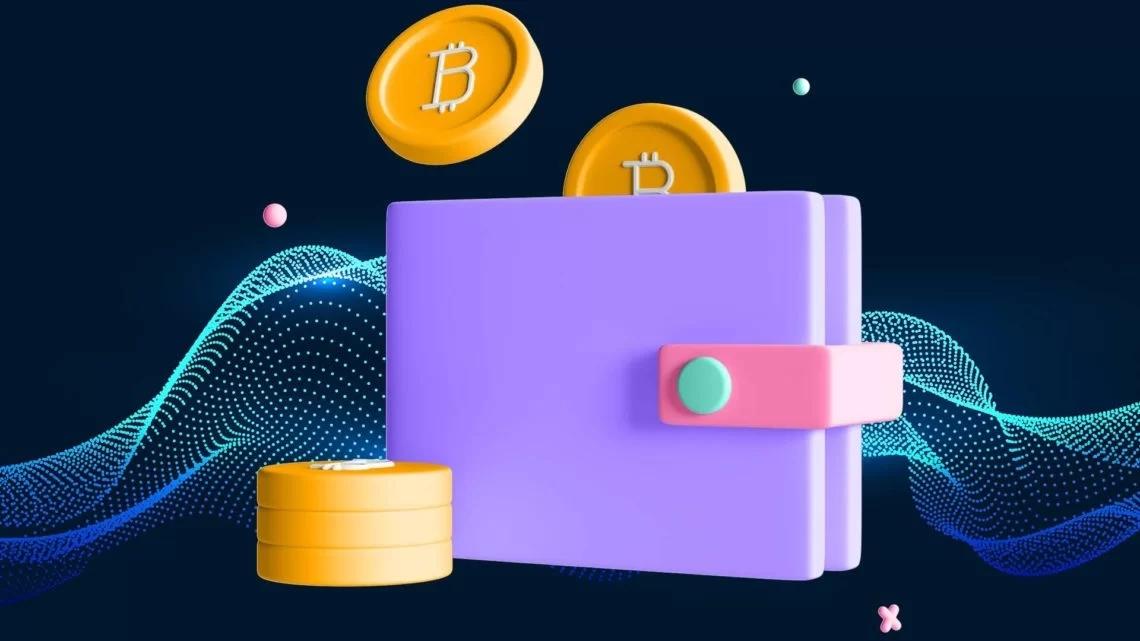With 670+ votes, Wind.app became the #1 trending product on Product Hunt!

Why should you store your funds in self-custodial wallets?
DeFi | Web3

If you’re new to the world of digital assets, you may have heard of the term “digital wallet” being used frequently. A digital wallet allows you to securely store and manage your digital assets, just like a physical wallet would hold your cash and credit cards.
Digital wallets can be of several types. Each type has its own pros and cons, and the choice of wallet will depend on your individual needs and preferences. However, in this post, we will mainly be introducing you to the concept of self-custodial wallets, their importance and why you need them.
So without further ado, let’s dive in!
What are self-custodial wallets?
Self-custodial wallets, also known as non-custodial wallets, are wallets that allow you to have full control and ownership of your digital assets. This means that you are responsible for storing and securing your private keys, which is like a password used to access your funds.
Why is this important? Well, custodial wallets, which are provided by exchanges and other third-party services, require you to trust them with your private keys and funds. This can be risky as there have been cases of exchanges being hacked or shutting down withdrawals, resulting in the loss or misuse of users’ funds.
Self-custodial wallets give you the freedom and security to manage your own funds, without relying on third-party services. With a self-custodial wallet, you are responsible for keeping your private keys safe and secure, which are like the keys to your wallet. This means that you can access and manage your assets from anywhere in the world, without needing permission from anyone else.
How do self-custodial wallets differ from custodial wallets?
With a self-custodial wallet, you have full control over your funds and are responsible for keeping your assets safe. Think of it like a personal safe in your room where you keep your valuable possessions. You have the key to the safe, and no one else can access it without your permission.
On the other hand, a custodial wallet is like a digital wallet provided by a third-party service, like an exchange. When you use a custodial wallet, you are essentially trusting the third-party service to hold your assets and keep it safe for you. Think of it like depositing your money in a bank. The bank holds your money, and you trust them to keep it safe and secure.
The main difference between the two types of wallets is the level of control and responsibility you have over your funds. It’s important to note that both types of wallets have their own advantages and disadvantages, and the choice of wallet will depend on your individual needs and preferences.
Why use a self-custodial wallet?
Self-custodial wallets give you more control and security over your money, which is why they are becoming increasingly popular. Just remember that using a self-custodial wallet comes with its own set of responsibilities, such as keeping your private keys safe and secure.
Here’s why you should consider using self-custodial wallets:
Keep your money safe: With a self-custodial wallet, you are the only one who can access and manage your assets. This means that your money is safe and secure, and you don’t have to worry about a third-party service misusing your funds or being hacked.
Control over your money: With a self-custodial wallet, you have complete control over your money. You don’t have to ask anyone else for permission to access your funds, and you can use your wallet whenever and wherever you want. No one can freeze your account or stop you from withdrawing your funds!
Protect your privacy: Self-custodial wallets are usually anonymous, which means that you can maintain your privacy when making transactions. This is important if you don’t want your financial transactions to be traced or tracked.
No middlemen: Self-custodial wallets usually have lower fees compared to custodial wallets because there are no intermediaries involved in the transaction process. This means that you can save money on transaction fees over time.
Access from anywhere: With a self-custodial wallet, you can access and manage your assets from anywhere in the world, as long as you have an internet connection. You don’t need permission from anyone else to access your funds.






